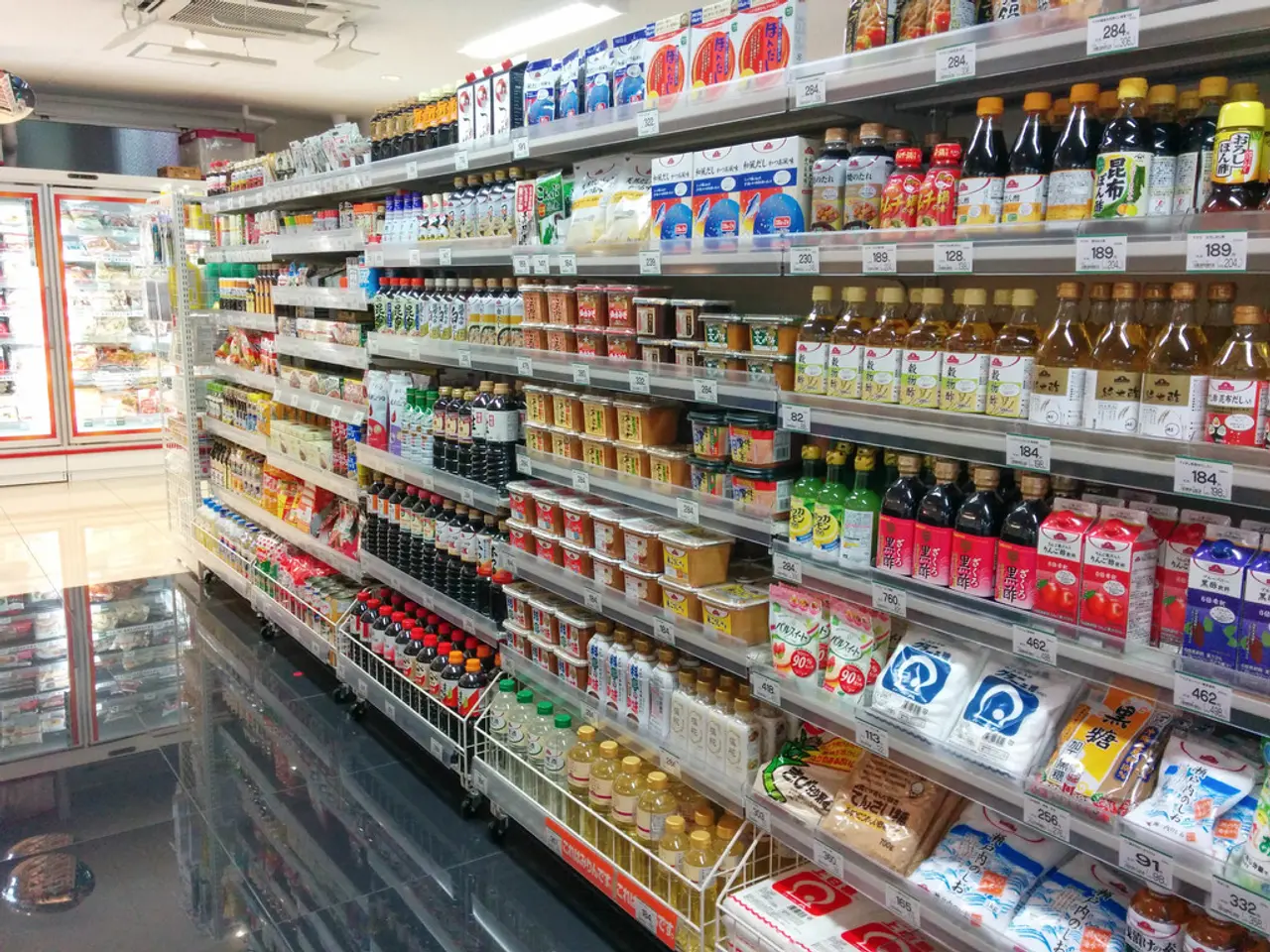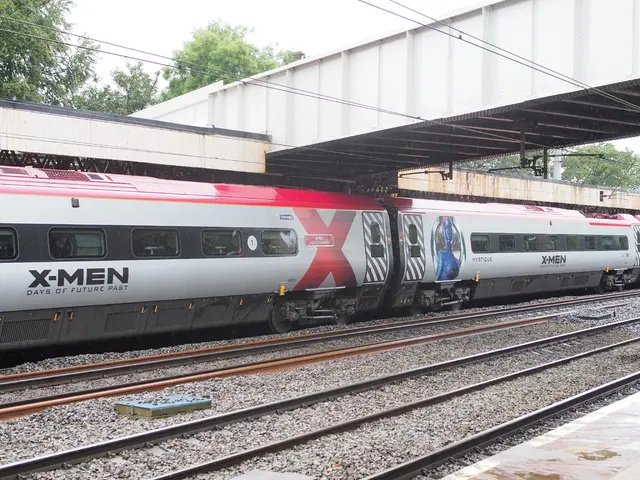Antitrust opposition escalates, hindering progress in potential merger between Grab and GoTo
The proposed merger between Grab and GoTo Group has stalled due to regulatory concerns from Indonesia's competition authorities, KPPU. This potential union of two of the region's largest digital ecosystems in ride-hailing, food delivery, and digital payments could create a super-dominant digital platform controlling over 90% of key markets in Indonesia.
If the merger were to proceed, it would substantially concentrate market power, posing significant antitrust challenges. KPPU, tasked with preventing monopolistic practices, faces a critical test under existing laws. The combined market share of the two entities could exceed 91% in ride-hailing and related services, leaving minimal room for other competitors.
This reduction in competition could harm consumer welfare, limit market access for smaller players, and stifle innovation. Smaller players like Maxim and inDrive would be marginalized, and competitive pressures that typically drive better prices, service quality, and innovation would be reduced.
While the merger could enhance network effects, service integration, and consumer convenience—typical benefits of superapps—it risks entrenching market dominance that might discourage new entrants and innovation. This could potentially slow the overall dynamism of Southeast Asia’s fast-growing digital economy.
The deal underscores regional regulators’ challenges in adapting competition law to the digital platform economy, where market dominance is often established through ecosystem lock-in and cross-sector integration rather than traditional metrics alone.
Despite these concerns, Grab is also viewed as having strong growth potential in Southeast Asia due to its broad service offerings and deepening user engagement. Acquiring GoTo’s ecosystem could further amplify these advantages. However, this growth must be balanced against the risks of diminishing competition and creating barriers to entry.
In summary, the potential Grab-GoTo merger raises major antitrust concerns by likely creating a digital monopoly with significant market power in Southeast Asia. This poses risks to competitive market dynamics and requires vigilant regulatory oversight to protect consumer interests and innovation.
- The regulatory challenges faced by KPPU in addressing the proposed merger between Grab and GoTo Group highlight the need for education and self-development in understanding how digital platforms, like super-dominant digital platforms, can control over 90% of key markets.
- The stalled merger shows that politics plays a crucial role in business decisions, as the potential union could create a monopoly that might be damaging to finance and investing strategies, and the general news continues to follow its progress.
- In a world where technology increasingly influences various aspects of life, including business, sports, and even casino and gambling, the antitrust challenges posed by the Grab-GoTo merger underscore the importance of law in maintaining fair competition and preventing crime and justice issues like monopolies.
- The reduction in competition resulting from the merger could potentially have cascading effects, harming not only consumer welfare but also the sports industry, as smaller businesses like Maxim and inDrive, which provide sponsorships, might find it difficult to compete and contribute to the sports ecosystem.
- The potential risks and rewards of the Grab-GoTo merger should be weighed carefully to ensure a balanced approach, considering the economic development of Southeast Asia, the growth of the digital economy, and the need for a competitive market that encourages innovation.




